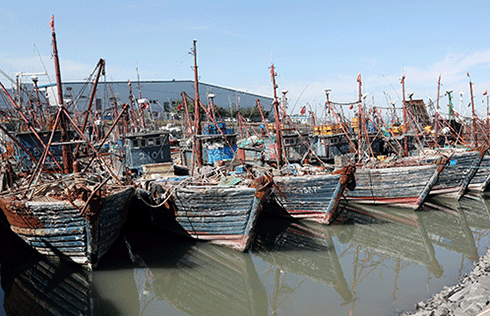Germany to impose tighter control amid widening horsemeat scandal
BERLIN - The German authorities vowed on Monday to impose tighter food controls and tougher punishments for violating food laws and food-labelling rules amid widening scandal of horsemeat in food products.
"Federal and state governments are in agreement about what to do now, and that we want to act in solidarity," said a spokesperson for Minister of Agriculture and Consumer Protection Ilse Aigner, following the meeting of federal and state consumer ministers in Berlin.
The ministers announced a 10-point plan including strengthening testing in order to assuage consumers' fear that tons of food products containing horsemeat may have landed on German supermarket shelves.
German officials have floated suggestions including the prompt introduction of rules for labelling ready-meat products and providing information about source farms on processed meat packaging.
According to the Der Spiegel magazine, at least 359,722 packages of food were imported from a Luxembourg factory involved in the horsemeat scandal and were delivered throughout Germany between November and January.
The scandal erupted recently across Europe after horsemeat was found in such food products as burgers and lasagna while being fraudulently labelled as beef.
So far, companies and slaughterhouses in a number of European countries have been dragged into the scandal, including France, the Netherlands, Switzerland, Germany, Luxembourg, Bulgaria and Norway, etc..
- Germany to investigate horsemeat scandal
- Horsemeat scandal spreads to Norway
- EU horsemeat control plan approved
- Horsemeat crisis sparks calls for DNA food tests
- Ireland moves to quell horsemeat fears
- France pledges sanctions in horsemeat scandal
- Horsemeat scandal: French retailers recall products
- Bilingual: Horsemeat found in burgers made for British supermarkets was imported from Poland
- Horsemeat found in burgers was imported from Poland


























